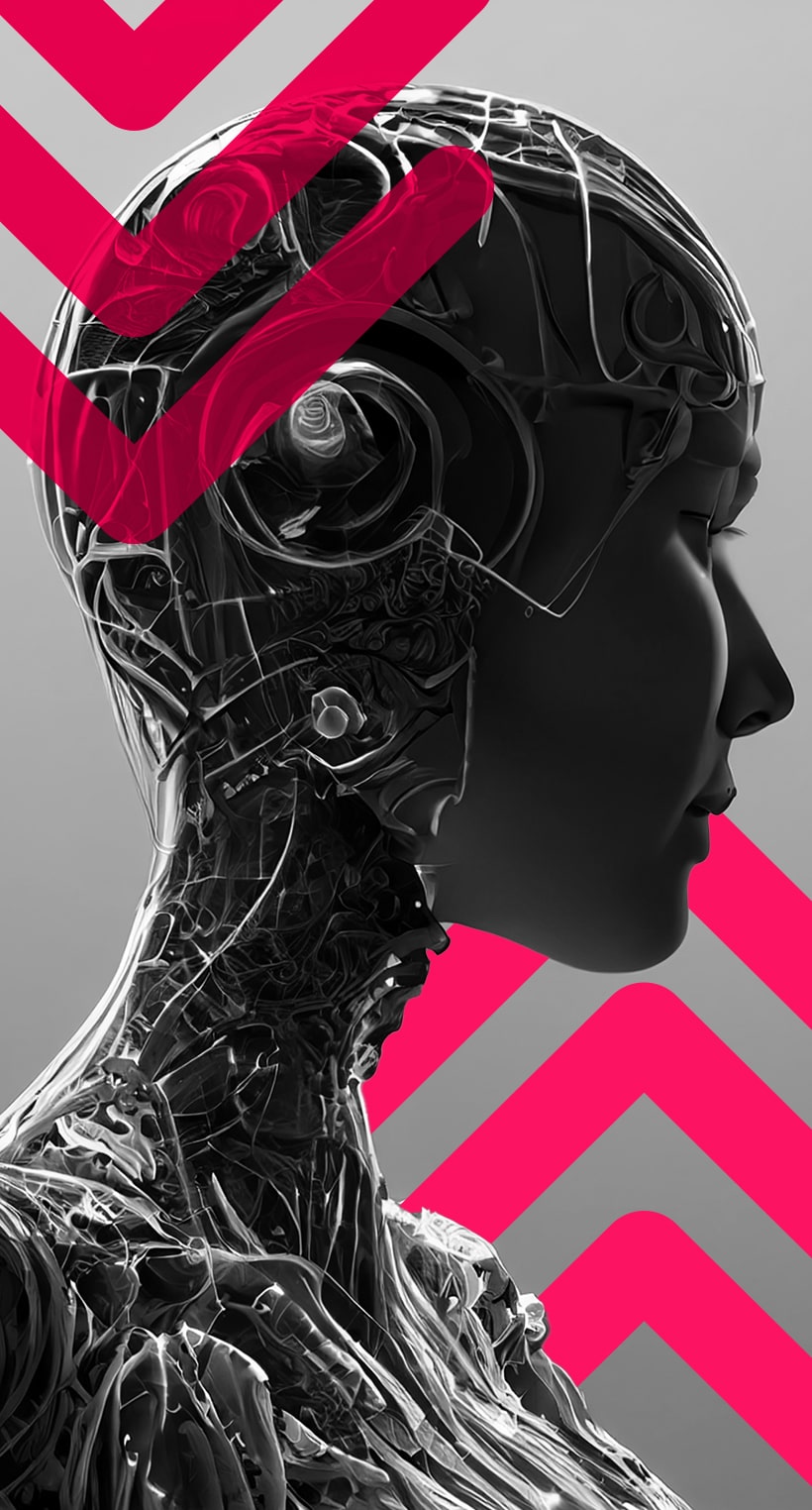Artificial Intelligence (AI) has emerged as a powerful tool with the potential to revolutionise the healthcare industry. By leveraging advanced algorithms and machine learning, AI has the ability to analyse vast amounts of medical data, assist in diagnostics, and improve patient care. The promise of AI in healthcare is immense, but its adoption has been slow and cautious. In this article, we will explore the potential of AI in improving patient care and diagnostics, the current state of AI adoption in healthcare, and the missed opportunities that arise from delaying its implementation.
The Potential of AI in Improving Patient Care and Diagnostics
The integration of AI into healthcare holds great promise for enhancing patient care and diagnostics. AI algorithms can analyse large datasets, including medical records, research papers, and clinical trial data, to identify patterns and insights that may go unnoticed by human physicians. This can lead to more accurate and timely diagnoses, improved treatment plans, and better patient outcomes. Additionally, AI-powered systems can assist healthcare professionals in decision-making, reducing errors and improving efficiency. For example, AI algorithms can help predict patient outcomes, identify high-risk patients, and recommend personalised treatment options based on individual characteristics.
The Current State of AI Adoption in Healthcare
Despite the potential benefits, the adoption of AI in healthcare has been relatively slow. Various factors contribute to this cautious approach, such as concerns regarding data privacy and security, regulatory challenges, lack of interoperability between systems, and the high cost of implementation. Additionally, there is a need for healthcare professionals to be trained in working with AI systems and interpreting the results they produce. While some healthcare organisations have embraced AI and integrated it into their workflows, many others are still in the early stages of exploration.
Missed Opportunities in Patient Care and Diagnostics Due to Delayed AI Adoption
The delay in adopting AI in healthcare has resulted in missed opportunities to improve patient care and diagnostics. Healthcare organisations are potentially compromising patient outcomes by not fully leveraging AI’s potential. For instance, AI can help identify early signs of diseases, such as cancer, that may be missed by human physicians. It can also assist in predicting disease progression and recommend appropriate interventions. Without AI, these critical insights may be overlooked, leading to delayed or suboptimal treatments. Furthermore, AI can facilitate early detection of adverse drug reactions, enabling healthcare professionals to take necessary precautions and prevent patient harm.
The Hidden Costs of Delayed AI Adoption
The cost of delaying AI adoption in healthcare goes beyond missed opportunities in patient care and diagnostics. Inefficient processes, such as manual data entry and paper-based systems, can increase administrative burdens and reduce healthcare professionals’ productivity. AI-powered automation can streamline these processes, allowing healthcare professionals to focus more on patient care and spend less time on administrative tasks. Moreover, delayed AI adoption can also lead to increased healthcare costs. By not utilising AI to its full potential, healthcare organisations may miss out on cost-saving opportunities, such as optimising resource allocation, reducing hospital readmissions, and preventing unnecessary tests and procedures.
Case Studies: How AI Has Saved Lives in Healthcare
Numerous case studies demonstrate how AI has already significantly impacted patient care and saved lives in healthcare. For example, AI algorithms have been developed to analyse medical images and assist radiologists in detecting abnormalities, such as tumours, with high accuracy. This can lead to earlier detection, better treatment planning, and improved patient outcomes. AI has also been utilised in predicting patient deterioration and identifying those at high risk of developing complications, allowing healthcare professionals to intervene proactively. These examples highlight the potential of AI to transform healthcare and underscore the urgency of its adoption.
The Future of AI in Healthcare
The future of AI in healthcare is promising. As technology continues to advance, AI algorithms will become more sophisticated, enabling even more accurate diagnoses and personalised treatment plans. AI-powered systems can also support remote patient monitoring, telemedicine, and the integration of wearable devices, enabling proactive and continuous healthcare delivery. Additionally, AI can contribute to medical research by analysing vast amounts of data to identify new treatment targets and develop innovative therapies. The possibilities are endless, and the integration of AI into healthcare will shape the future of medicine.
Conclusion: The Urgency of Embracing AI in Healthcare
The potential of AI to revolutionise healthcare is undeniable. Delaying its adoption comes at a significant cost, both in terms of missed opportunities to improve patient care and diagnostics and the hidden costs of inefficiency and increased healthcare expenditure. It’s essential for healthcare organisations to embrace AI, overcome the existing barriers, and implement strategic AI solutions. By doing so, we can harness the power of AI to save lives, improve patient outcomes, and shape the future of healthcare.
The time to act is now.
;)
;)
;)